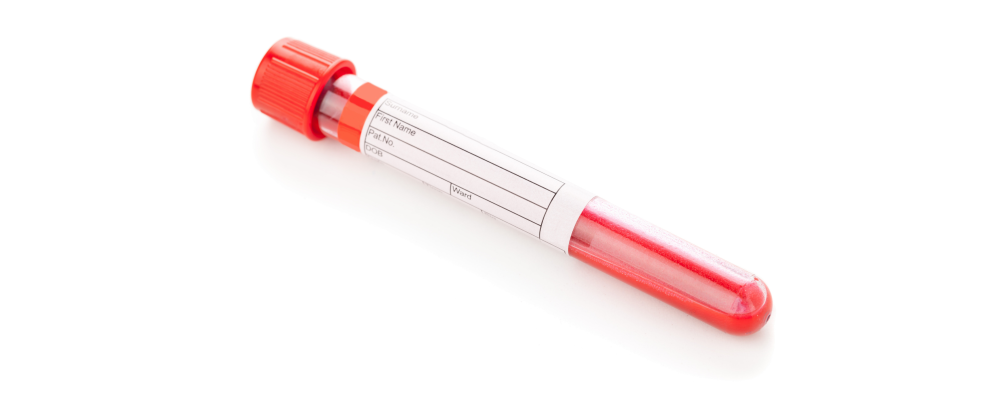22 Jun 2021

News
Council comment on call for ban on using NIPT for sex determination
Prompted by an investigation by the BBC’s Victoria Derbyshire show, the Labour Party has called for a ban on using non-invasive prenatal testing (NIPT) to determine fetal sex.
Last year, the Nuffield Council on Bioethics published the results and findings of an in-depth inquiry into the increasing use of NIPT.
In response to yesterday’s call for a ban on using NIPT for fetal sex-determination, Assistant Director of the Nuffield Council on Bioethics, Catherine Joynson, said:
Our report concluded that NIPT should not be used to test for non-medical features of a fetus, including sex, and we recommended that the Government should stop private providers offering NIPT for fetal sex determination.
"In coming to these conclusions, we consulted widely with many people including pregnant women and women who have had NIPT privately.
"The main purpose of NIPT is to give pregnant women information about serious genetic conditions - some of which are linked to sex in that the conditions only affect boys or girls. Finding out the sex for other reasons is a by-product of the original purpose of the test. However, it could also represent a tool to be used by those who might pressure women to abort fetuses, simply because of their sex.
"In our view, the risk that NIPT might help facilitate sex selective abortions justifies a restriction on its use. There are few benefits to most pregnant women of finding out the sex in the first few weeks of pregnancy. Not using NIPT for this purpose does not prevent women and couples from discovering the sex of the fetus at an early stage, as people can find this out at their 18 week scan, if they wish.
"The NHS will only be offering NIPT as a second stage screening test to women who have already received a higher chance result from the combined screening test, and they will not be told the sex as part of the test results at that stage.”
Catherine Joynson was on BBC Radio 5 Live yesterday discussing the use of NIPT to determine fetal sex.

Share